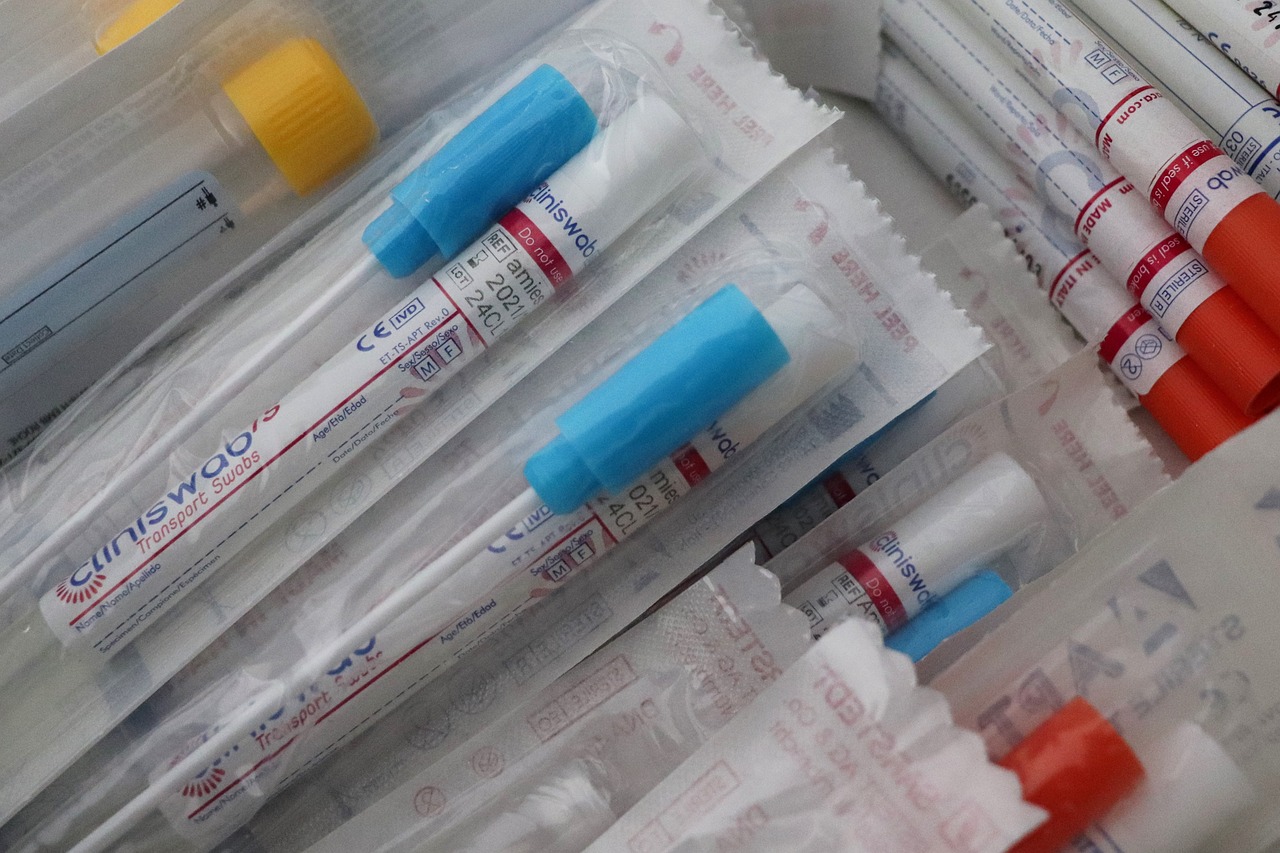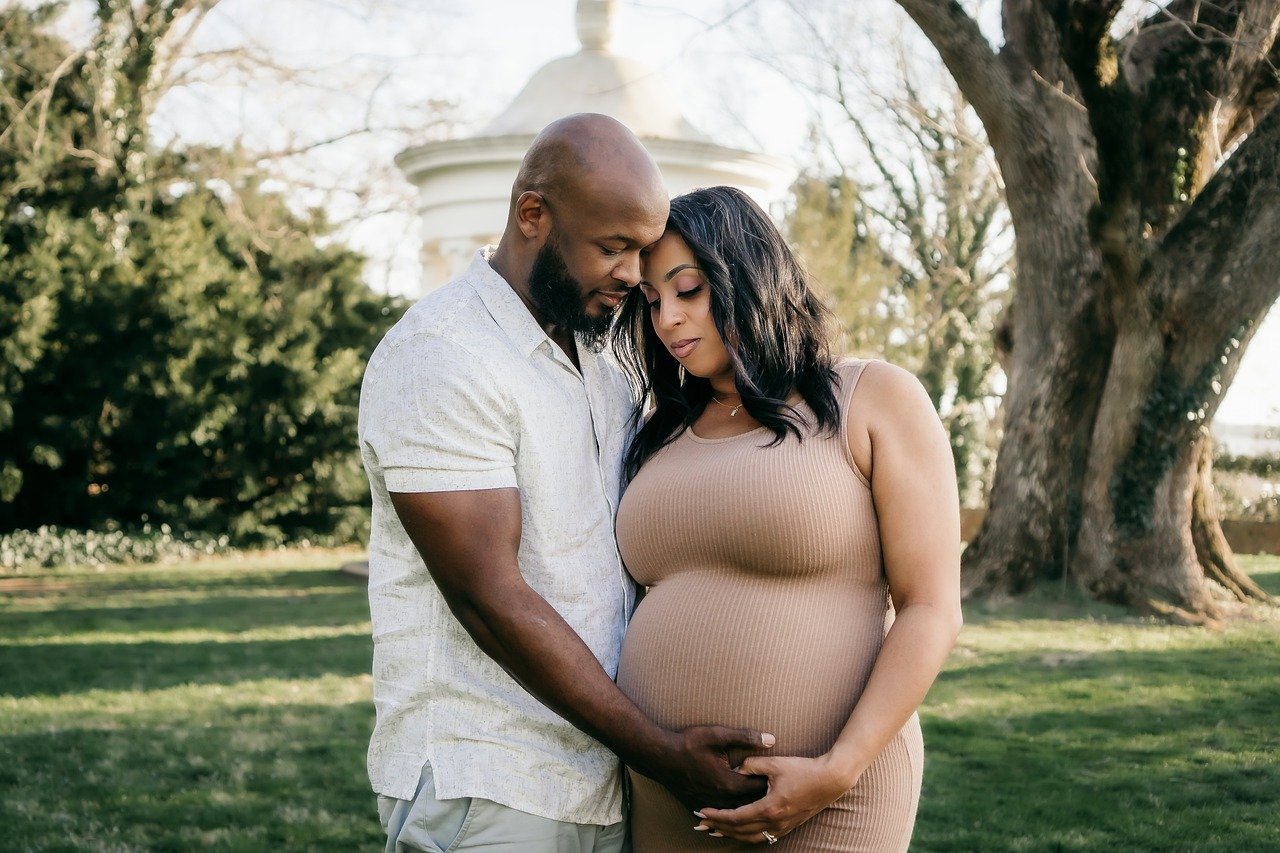When it comes to the burning question of whether you can take a pregnancy test immediately after sex, the timing and accuracy of the test play a crucial role. Let’s dive into the world of pregnancy tests and unravel the mystery behind when is the best time to take one.
- Types of Pregnancy Tests: First things first, there are two main types of pregnancy tests – urine and blood tests. Each has its own sensitivity levels and ideal timing for accurate results. Understanding the differences between them is key to making an informed decision.
- Timing of Pregnancy Tests: The window of opportunity for a pregnancy test to detect the hCG hormone after intercourse is a critical factor. Knowing when to take the test can significantly impact its reliability and precision.
Now, let’s address the burning question – can you take a pregnancy test immediately after sex? While the idea may sound tempting for instant answers, the reality is a bit more complex. Factors like ovulation timing, contraceptive methods, and individual hCG levels can influence the accuracy of the results. So, is the immediate testing a reliable option, or is patience the key?
Experts recommend waiting for a certain period after intercourse before taking a pregnancy test to ensure the most accurate and trustworthy results. This waiting period allows the body enough time to produce detectable levels of hCG, increasing the test’s reliability.
So, next time you find yourself pondering over whether to take a pregnancy test post-sex, remember that timing is everything. By understanding the nuances of pregnancy tests and the factors that can affect their accuracy, you can make an informed decision that provides you with peace of mind. Remember, patience is a virtue when it comes to confirming those life-changing results.

Types of Pregnancy Tests
When it comes to pregnancy tests, there are primarily two types that women can choose from: urine tests and blood tests. Urine tests are the most commonly used and easily accessible option, allowing women to take the test in the comfort of their own homes. On the other hand, blood tests are typically conducted at a healthcare provider’s office and are known for their higher sensitivity in detecting the pregnancy hormone hCG.
Urine pregnancy tests work by detecting the presence of hCG in the urine, usually about 12-14 days after conception. These tests are most effective when taken in the morning when hCG levels are more concentrated. On the other hand, blood tests can detect hCG levels as early as 8-10 days after conception, providing an earlier indication of pregnancy compared to urine tests.
It is essential to consider the sensitivity levels of each test when deciding which one to take. While urine tests are convenient and cost-effective, blood tests offer a higher level of accuracy, especially in the early stages of pregnancy. The optimal time to take a pregnancy test depends on the type of test chosen and the individual’s specific circumstances.

Timing of Pregnancy Tests
When it comes to the timing of pregnancy tests, it is crucial to understand the window of opportunity for accurate results. Pregnancy tests work by detecting the hormone hCG in the body, which is produced during pregnancy. However, this hormone may not be immediately present after sexual intercourse due to the time it takes for the fertilized egg to implant in the uterus.
For urine pregnancy tests, it is generally recommended to wait at least a week after a missed period for the most reliable results. This waiting period allows hCG levels to rise to a detectable level. On the other hand, blood pregnancy tests can detect hCG much earlier, typically around 6-8 days after ovulation.
Factors such as the timing of ovulation, the use of contraceptive methods, and individual hCG levels can all affect the accuracy of a pregnancy test taken after sex. Ovulation timing plays a significant role as it determines when the egg is released and available for fertilization. Additionally, certain contraceptives may interfere with hormone levels, impacting the test results.

Immediate Testing
When it comes to immediate testing after sexual intercourse, the question arises: can you take a pregnancy test right away? While the idea of finding out the results immediately may be tempting, it’s essential to understand the limitations of early testing. Pregnancy tests work by detecting the hormone hCG, which is produced by the placenta after implantation occurs. This process takes time, usually about 6-12 days after fertilization. Therefore, taking a test immediately after sex may not yield accurate results due to the insufficient levels of hCG in the body.
Factors such as the timing of ovulation and the speed of implantation can significantly impact the accuracy of a pregnancy test taken immediately after intercourse. Additionally, the sensitivity of the test itself plays a crucial role. Some tests are designed to detect lower levels of hCG earlier than others, so choosing a highly sensitive test may increase the chances of obtaining reliable results.
While immediate testing may not be the most reliable option, it’s important to consider the emotional aspect as well. The anticipation and anxiety of waiting for results can be overwhelming for some individuals. In such cases, it’s advisable to wait for a few days or until the expected period date to increase the accuracy of the test results and reduce the likelihood of false negatives.

Waiting Period
When it comes to taking a pregnancy test after sexual intercourse, the waiting period is crucial for obtaining accurate results. While the anticipation can be overwhelming, patience is key in this situation. It is recommended to wait at least one to two weeks after intercourse before taking a pregnancy test to allow enough time for the hormone hCG to build up in your body to detectable levels.
During this waiting period, it’s essential to take care of yourself both physically and emotionally. Engage in activities that help you relax and stay calm while waiting for the right time to take the test. Remember, stress and anxiety can also affect your body’s hormonal balance, potentially impacting the accuracy of the test results.
Additionally, consider keeping track of your menstrual cycle and ovulation dates to determine the most suitable time for testing. Understanding your body’s natural rhythm can provide valuable insights into when to expect accurate results from a pregnancy test.
If you are eager to know the outcome sooner, you may opt for an early detection pregnancy test, which can detect lower levels of hCG earlier than traditional tests. However, keep in mind that these tests may not always provide accurate results, especially if taken too soon after intercourse.
Overall, while the waiting period can feel like an eternity, it is essential for ensuring the reliability of your pregnancy test results. Take this time to care for yourself, stay informed about your body’s signals, and approach the testing process with patience and understanding.

Factors Affecting Test Results
When it comes to taking a pregnancy test after sexual intercourse, there are several factors that can influence the accuracy of the results. Understanding these factors is crucial in determining the reliability of the test and avoiding any potential misinterpretations.
Here are some key factors that can affect the results of a pregnancy test:
- Ovulation Timing: The timing of ovulation plays a significant role in the accuracy of a pregnancy test. If intercourse occurs close to ovulation, the chances of conception are higher, leading to a more accurate test result.
- Contraceptive Methods: The use of contraceptive methods, such as condoms or birth control pills, can impact the likelihood of pregnancy. Some contraceptives may affect hormone levels, potentially influencing the results of a pregnancy test.
- Individual hCG Levels: The levels of the pregnancy hormone hCG can vary among individuals. Factors like age, weight, and overall health can affect hCG levels, influencing the sensitivity of the test and its ability to detect pregnancy accurately.
Considering these factors before taking a pregnancy test can help individuals make informed decisions about when and how to test for pregnancy after sexual intercourse. It is essential to be aware of these variables to ensure the most reliable results and avoid any confusion or misinterpretation of the test outcome.
Frequently Asked Questions
- Can a pregnancy test be taken immediately after sex?
It is not recommended to take a pregnancy test immediately after sex as it may not provide accurate results. It takes time for the pregnancy hormone hCG to build up in the body to levels detectable by a test. Waiting a few days or until after a missed period is advisable for more reliable results.
- What is the difference between urine and blood pregnancy tests?
Urine pregnancy tests are convenient and affordable, detecting hCG levels in urine. Blood tests, on the other hand, can detect lower levels of hCG earlier than urine tests. Blood tests are often conducted at a healthcare provider’s office, offering more accurate results.
- How do ovulation timing and contraceptive methods affect test results?
Ovulation timing plays a crucial role in pregnancy test accuracy. If intercourse occurs close to ovulation, the chances of pregnancy increase. Contraceptive methods, if not used correctly, can also impact test results. It is essential to consider these factors when interpreting test outcomes.